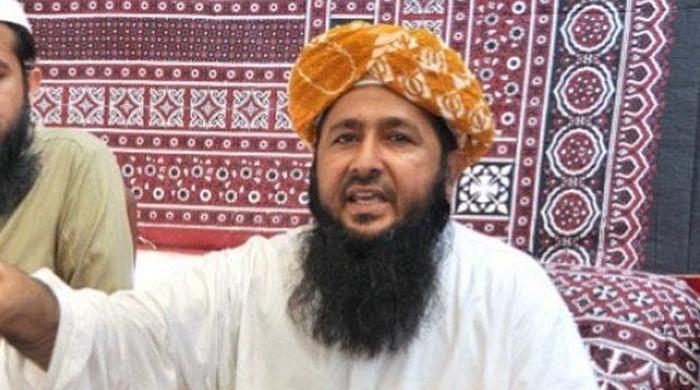Anti-Terrorism Court Sentences Six to Life Imprisonment in JUI-F Leader's 2014 Assassination

A Special Anti-Terrorism Court in Sukkur, Pakistan, has delivered a verdict in the 2014 assassination of Maulana Dr Khalid Mahmood Soomro, the general secretary of the Jamiat Ulema-i-Islam-Fazl (JUI-F) party, sentencing six men to life imprisonment and ordering fines amounting to a total of over 3 million Pakistani rupees.
The trial, which commenced in 2014 and involved 458 court hearings and 17 witness testimonies, drew to a close behind closed doors at the Sukkur Central Prison due to security concerns. The six men, found guilty of the high-profile assassination, were also handed seven-year jail terms for illicit weapon possession, spreading terror, and using fake vehicle number plates. The case's conclusion marks the culmination of more than a decade of judicial proceedings. The sentencing has been met with dissatisfaction from the deceased's son, Rashid Mahmood Soomro, who believes the punishment does not adequately reflect the severity of the crime, given his father's prominent position in the JUI-F party. Rashid alleged that the provincial government might have influenced the verdict, citing it as a factor in not granting the death penalty. He announced his intention to appeal the court's decision, seeking justice for his father's assassination. The meticulous and prolonged trial process demonstrates the complexity and sensitivity surrounding high-profile cases in Pakistan. The decision to hold court proceedings at the Sukkur Central Prison adds an extra layer of security, underscoring the government's commitment to ensuring the safety of those involved in sensitive cases. While the anti-terrorism court's verdict brings some closure to the Soomro family, it also serves as a reminder of the need for expediency in the judicial process. The decade-long delay in reaching a verdict has sparked criticism about the efficiency of the Pakistani justice system, particularly in the context of high-profile cases. Nevertheless, the court's decision to deliver justice, albeit belatedly, is a significant step forward in upholding the rule of law in the country. In the aftermath of the verdict, Rashid Soomro reiterated his commitment to seeking justice, announcing plans to appeal the decision. The case's trajectory highlights the continued challenges faced by Pakistan in combatting terrorism and upholding the right to fair trial, a fundamental principle enshrined in the Pakistani constitution.